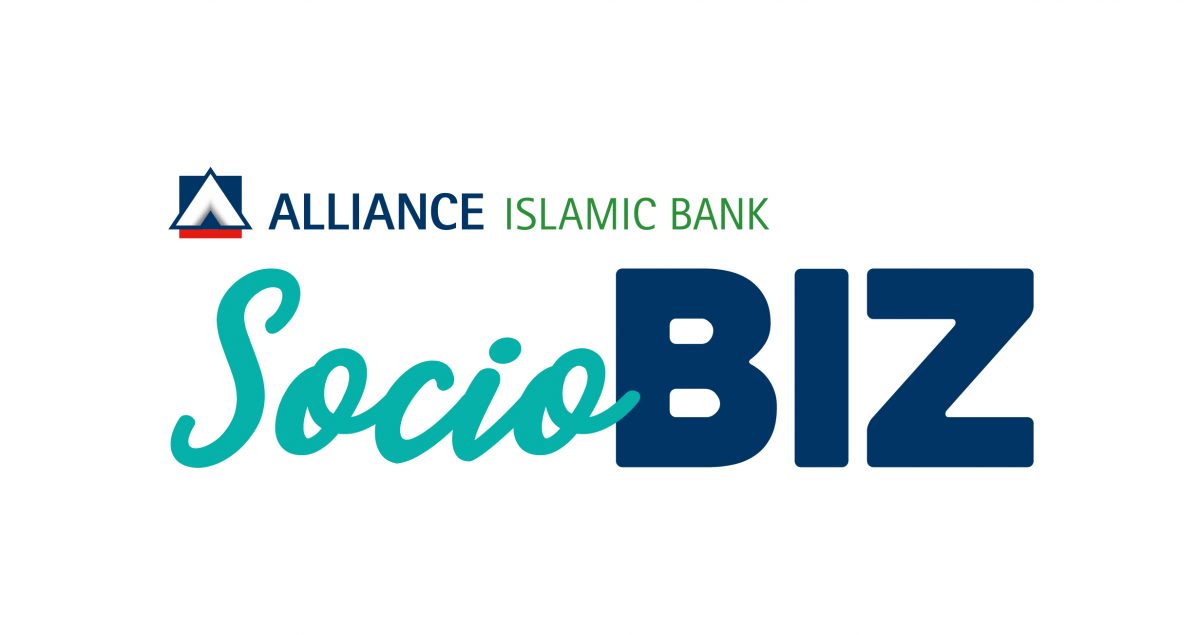Alliance Islamic Bank is setting itself apart in a rapidly evolving financial landscape by integrating social and environmental considerations into its Islamic finance operations. As the Islamic banking sector transitions from merely adapting conventional products to embracing a more impactful philosophy, Alliance Islamic Bank is leading the charge with a commitment beyond financial performance. In an exclusive interview, The Exchange Asia spoke with Rizal IL-Ehzan Fadil Azim, CEO of Alliance Islamic Bank Berhad, to gain insights on how the institution is revolutionising Islamic banking to differentiate itself from its peers.

Traditionally, Islamic banks have been viewed as conventional banks with Shariah-compliant modifications. This perception often involved adapting conventional financial products to meet Shariah law requirements, which sometimes meant complex transactional processes designed to connect finance with real assets and business activities. However, Rizal highlights a significant shift in this paradigm: “Our vision is not just to adapt conventional products but to create financial solutions that drive positive social and environmental change. We’re committed to being a catalyst for good, reflecting the core values of Shariah beyond mere compliance.”
In 2017, Alliance Islamic Bank embraced a value-based intermediation (VBI) approach, positioning itself to generate positive societal outcomes while fulfilling the ethical mandates of Shariah. This philosophy goes beyond mere financial transactions, reflecting a deeper commitment to improving human welfare and advancing education, property rights, and intellect.
Alliance Islamic Bank is at the forefront of driving the Halal economy, recognising the immense potential for growth in this space. In 2020, the bank introduced a comprehensive one-stop center dedicated to supporting businesses in navigating the Halal market. This initiative includes assistance with certification, business matching, and a full range of banking services.
Rizal IL-Ehzan Fadil Azim elaborates, “Our Halal In One program has been a significant success. Since its launch, we provided more than RM2 billion to over 450 SMEs. Our objective is to foster growth and innovation in the Halal sector, helping businesses thrive in this rapidly expanding market.”
Alliance Islamic Bank’s commitment to social impact is exemplified by its philanthropic efforts. The SocioBiz crowdfunding platform, introduced in 2019, focuses on supporting micro-businesses operated by the B40 community. Rizal notes, “SocioBiz has raised RM1.85 million to date, benefitting 2,200 recipients. This platform enables us to provide seed funding and engage the broader community in supporting micro-businesses, ultimately driving social and economic development.”

In a unique move, Alliance Islamic Bank has integrated its capital markets services within the bank itself, rather than relying on separate investment banks. This integration allows the bank to offer a comprehensive range of financial services under one roof. “We have been involved in 5 IPOs so far this year, with more expected by the end of 2024. This integration enhances our ability to provide holistic financial solutions and contributes to greater market efficiency,” Rizal reveals.
While Alliance Islamic Bank primarily focuses on the local market, its market access programs occasionally facilitate international expansion. Rizal explains, “We’ve supported businesses in accessing markets in China, Japan, Korea, and the Middle East. Our goal is to help local businesses grow globally, providing them with valuable opportunities for expansion.”
Innovative Social Financing Initiatives
One of the bank’s most innovative initiatives is its Zakat microfinancing programme (AZAM). This programme represents a pioneering approach to zakat, utilising zakat Wakalah to support Asnaf (underprivileged) micro-entrepreneurs in the country. By transitioning from traditional grants to a revolving fund model, Alliance Bank maximizes the impact of each contribution. “Since launching this initiative in December 2023, we have distributed RM450,000 to 90 Asnaf micro-entrepreneurs.
The early results are promising, with a 100% repayment rate,” Rizal IL-Ehzan Fadil Azim shares. “This model allows us to support multiple entrepreneurs over time, creating a multiplier effect that enhances the overall impact.”

Responding to Challenges with Compassion
Navigating economic uncertainties, such as those brought about by the COVID-19 pandemic, requires a delicate balance of rational decision-making and empathy. During the pandemic, Alliance Bank implemented moratoriums for customers and supported employees and the community. “We offered a one-year moratorium to alleviate financial stress and supported our staff with safety measures and moral support,” Rizal recounts. “Additionally, we raised funds for hospitals and social enterprises and assisted SMEs with digital marketing and market access. These actions, while part of our CSR initiatives, became integral to our business approach and inspired further initiatives.”
Looking ahead, Alliance Islamic Bank aims to strengthen its position as a leading social financing institution. “Over the next five years, we plan to increase our focus on social financing, aiming to allocate one-third of our assets to these initiatives. We will continue to innovate and introduce new social financing programs and sustainability solutions. Integrating AI and digital technologies will play a crucial role in advancing Shariah-compliant solutions and identifying areas for social and economic development,” Rizal IL-Ehzan Fadil Azim outlines.
Alliance Islamic Bank’s approach to Islamic finance is a testament to its commitment to creating positive societal impacts while achieving financial growth. By aligning its financial practices with broader social goals, the bank is redefining the role of Islamic financial institutions and setting a new benchmark for what it means to be a socially responsible bank.






